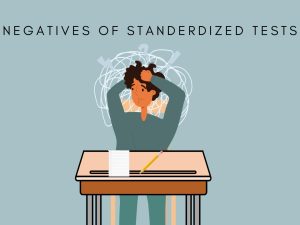Langston Hughes
Langston Hughes (1902-1967) was an African American poet, social activist and playwright who was a key figure in the Harlem Renaissance, the cultural and artistic movement that thrived in the 1920s and 1930s. Born in Joplin, Miss., Hughes grew up in Lawrence, Kan., and moved to Cleveland, Ohio, later in life. His early experiences, including travels to Africa and Europe, greatly influenced his later work in literature.
Hughes’s poetry is celebrated for its vivid tellings of Black life and its exploration of racial and social issues in the 1920s and 1930s. His writings often embraced the rhythms of jazz and blues, adding a unique musicality to his verse. In addition to his poetry, Hughes wrote essays, novels and plays, contributing to the fight against racial injustice in his time.
Notable works of his include “The Negro Speaks of Rivers” and “The Weary Blues,” which showcased his deep connection to the Black experience in America. His play “Mulato” addressed the complexities of racial identity, challenging societal norms of the time.
Langston Hughes has left an indelible mark on American literature and civil rights, using his words to advocate for equality and justice in a time without much. His legacy is used to inspire future generations of writers and activists.







